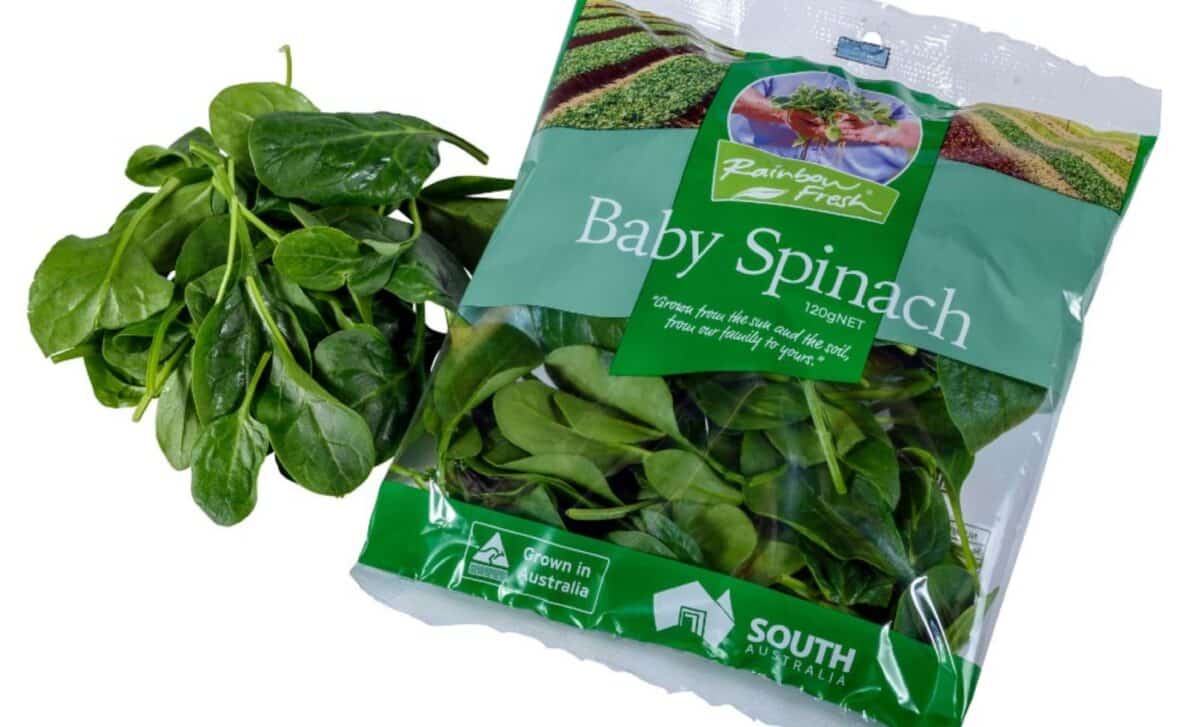Coles, Woolworths, ALDI and IGA issue urgent recalls across Australia as potential STEC contamination is detected in pre-packaged salad lines. Authorities urge consumers to check use-by dates and avoid affected items.
Australian supermarket chains have pulled dozens of salad and ready-to-eat products from their shelves following the detection of shiga-toxin-producing Escherichia coli (STEC), a dangerous strain of E. coli that can lead to serious illness.
The affected items, largely comprising spinach-based mixes and salad bowls, were sold by Coles, Woolworths, ALDI, and independent grocers under Metcash (including IGA and Drakes). The contamination was discovered through routine surveillance and testing by public health authorities.
STEC: Products Pulled From Shelves Across Multiple States
According to statements issued by retailers and confirmed by public health officials, more than 30 pre-packaged salad products have been recalled from shelves in Victoria, Queensland, New South Wales, Tasmania, South Australia, the ACT, and the Northern Territory.
Coles removed 17 items including various spinach bags, stir fry mixes, and ready-to-eat salad bowls. Items such as Coles Spinach 60g, 120g, 280g, 400g, Coles Baby Leaf Blend 300g, and Coles Roasted Pumpkin, Feta and Walnut Salad 265g are among those affected. Products carry use-by dates up to and including 9 April 2025.
Woolworths also issued a recall, covering products such as Woolworths Spinach and Rocket 60g, Kale & Spinach 300g, and the Honey Mustard Salad Kit 285g, with use-by dates between 26 and 31 March 2025.
Independent retailers under Metcash, such as IGA, recalled items under the Community Co brand, including Baby Spinach and Rocket 100g and Garden Salad Bowl 180g.
All recalled products are eligible for a full refund, and consumers are advised to return them or dispose of them immediately.
Contamination Linked to Shiga-Toxin-Producing E. Coli Strain
The detected strain, STEC, is known to cause gastroenteritis, with symptoms ranging from diarrhoea, vomiting and abdominal pain to more severe illness in vulnerable groups such as young children, the elderly, or people with compromised immune systems.
According to Dr Shannon Melody, Public Health Specialist Medical Advisor in Tasmania, the contamination was detected in spinach products sourced from two separate supermarkets in Queensland, as part of a “proactive public health surveillance” programme.
So far, no illnesses have been directly linked to the recalled products, but the recall was extended as a precautionary measure while investigations into the contamination source continue. “As a precaution, retailers have extended the recalls while further investigations are conducted into the source of contamination,” Dr Melody stated.
Health authorities continue to monitor the situation and have urged the public not to consume any of the recalled products. Those experiencing symptoms are encouraged to seek medical advice.









